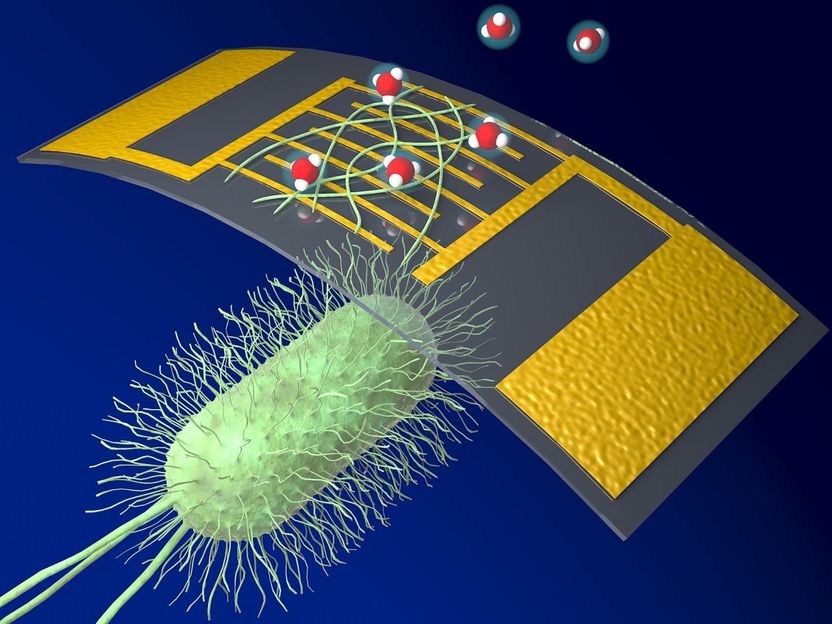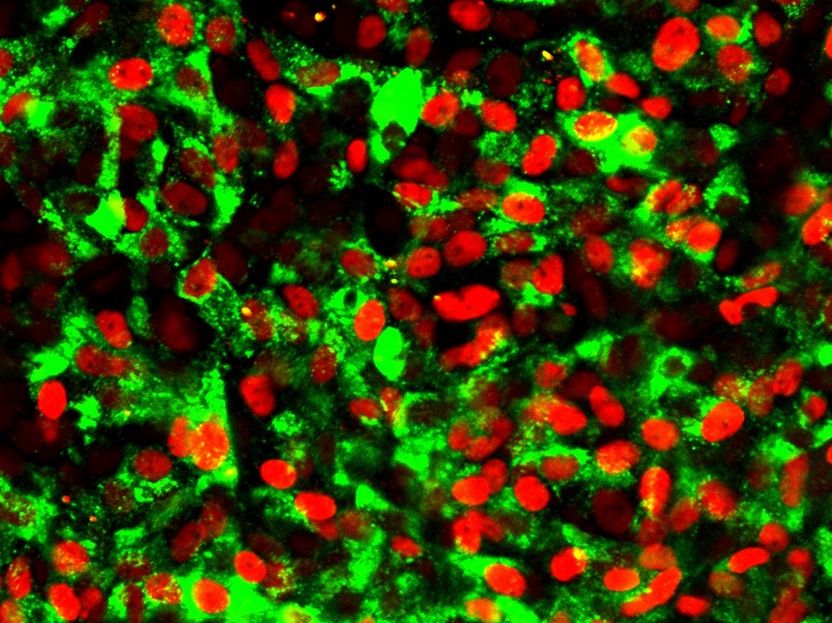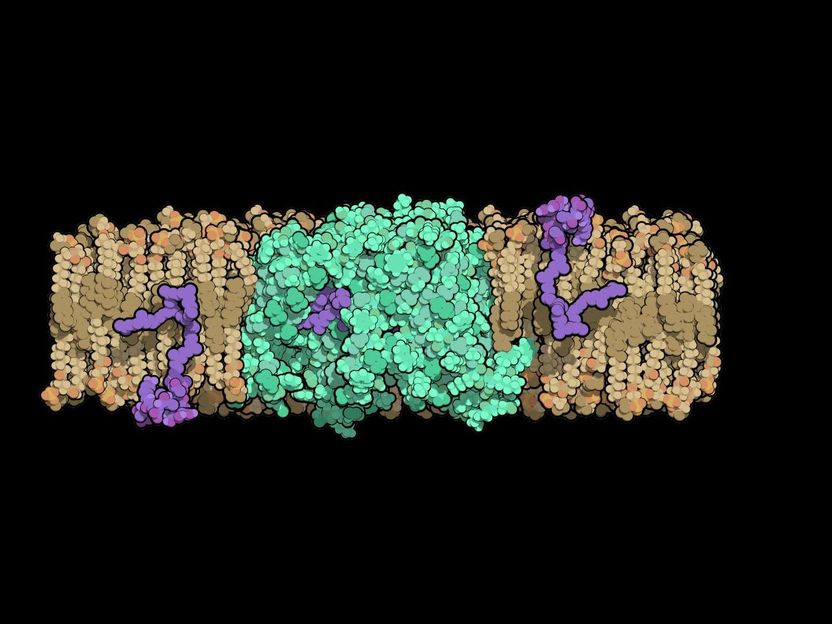Scientists identify gene for deadly inherited lung disease
A rare, deadly developmental disorder of the lungs called alveolar capillary dysplasia with misalignment of pulmonary veins (ACD/MPV) that usually kills the infants born with it within the first month of life results from deletions or mutations in the FOXF1 transcription factor gene, said a consortium of researchers led by Baylor College of medicine in a report that appears in the American Journal of Human genetics .
"There is no question that these data are convincing," said Dr. Pawel Stankiewicz, assistant professor of molecular and human genetics at BCM. "This is the gene responsible for 30 to 40 percent of alveolar capillary dysplasia with misalignment of pulmonary veins cases. It is involved in angiogenesis (formation of new blood vessel) and lung development." He is first author on the paper.
He credited Dr. Claire Langston, distinguished service professor emeritus of pathology and pediatrics at BCM, with making the study possible because of her long-term interest in the disease. Dr. Partha Sen, assistant professor of pediatrics – nutrition at BCM, was instrumental in collecting unique samples from 25 families whose children were born with the disease for more than a decade.
Finding the gene may make it easier to diagnose the problem in children born with the disorder and to counsel families about the risk of the disease in future children, Stankiewicz said.
The disorder is rare with fewer than 200 cases reported worldwide. The study based at BCM seeks to test blood and tissue from infants born with the disorder and their parents to find the cause and develop a test for the disease.
Generally, infants born with the disease have defects in the normal air-blood diffusion barrier in their lungs. They usually become critically ill soon after birth and they respond poorly to standard treatments used to help children who have lung or breathing problems at birth. Most die soon after birth.
Topics
Organizations
Other news from the department science

Get the life science industry in your inbox
By submitting this form you agree that LUMITOS AG will send you the newsletter(s) selected above by email. Your data will not be passed on to third parties. Your data will be stored and processed in accordance with our data protection regulations. LUMITOS may contact you by email for the purpose of advertising or market and opinion surveys. You can revoke your consent at any time without giving reasons to LUMITOS AG, Ernst-Augustin-Str. 2, 12489 Berlin, Germany or by e-mail at revoke@lumitos.com with effect for the future. In addition, each email contains a link to unsubscribe from the corresponding newsletter.
More news from our other portals
Last viewed contents

Beetroot peptide as potential drug candidate for treating neurodegenerative and inflammatory diseases - Peptide is able to inhibit a particular enzyme that is responsible for the breakdown of messenger molecules in the body
RevaTen platelet-rich plasma shows promise as potential treatment for heart attacks
Generex Biotechnology to begin human trial of avian influenza vaccine
Evotec reaches milestone in integrated drug discovery and development partnership with Aeovian
Bio-molekula new distributor for Carlo Erba Reagents in Germany
Erasing a genetic mutation

Merck Completes New Viral Vector Contract Development Manufacturing Facility for Gene Therapy - Growth through investments in the “Big 3”

A new, highly sensitive chemical sensor uses protein nanowires - UMass Amherst team introduces high-performing 'green' electronic sensor

Beta cells from stem cells: Potential for cell replacement therapy - Quality control with CD177 can help save lots of time, efforts and money
Mutation of BAP1 gene passed down over centuries
GM chickens that don't transmit bird flu developed - Breakthrough could prevent future bird flu epidemics






















































